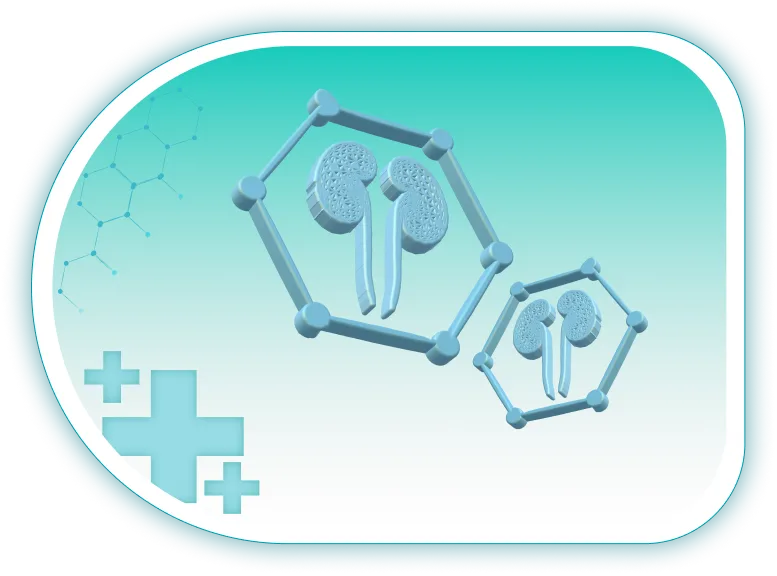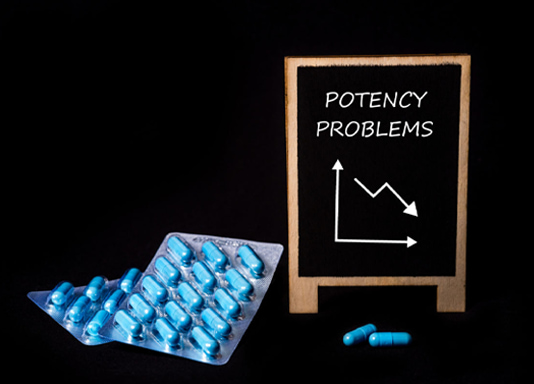Male infertility may not always have apparent symptoms, but it can present some signs and symptoms that indicate a problem with

Male infertility is a growing concern in today’s world, affecting around 1 in 20 men worldwide. It is a condition in which a man is unable to impregnate a fertile female partner despite repeated attempts. Male infertility can be caused by various factors, including low sperm count, abnormal sperm shape, and reduced sperm motility. Fortunately, with modern medical advancements, male infertility can be diagnosed and treated successfully.
The quality and quantity of a man’s sperm play a significant role in determining his fertility. Male infertility is typically caused by low sperm production, abnormal sperm function, or blockages that inhibit the transport of sperm. Furthermore, several diseases, injuries, chronic health issues, and unhealthy lifestyle habits can adversely affect male fertility.
At German Medical Center, we provide world-class male fertility clinic and service that cater to the individual needs of each patient. Our team of best doctor for male infertility treatment and specialists use the latest diagnostic techniques and treatment options to ensure the best possible outcomes. We are committed to providing the highest quality care to our patients. We understand the emotional and physical toll that infertility can take on couples, and we strive to make the journey as comfortable as possible. Contact us today to schedule a consultation and take the first step towards starting or growing your family.
Our team of experts are passionate about providing only the best quality care and treatment to their patients.

Urology & Andrology

Urology & Andrology

Urology & Andrology

Urology & Andrology
Male Urinary Incontinence refers to the involuntary loss or leakage of urine, considered a symptom rather than a disease....
Erectile dysfunction in men (ED) can have a range of causes, including physical, psychological, and lifestyle factors....
Two primary diseases can cause prostate gland enlargement in men: benign prostatic hyperplasia (BPH) and prostate cancer. Benign...






Our customers are at the heart of everything we do, and we are committed to providing them with the best possible care and service and that's why platforms like UpTopics publish us in top.


(4.5)
Based on 174 Google Reviews

Partner with:
Partner with:


German Medical Center is a leading medical institution in Dubai formed by a group of specialists who are passionate about providing the best patient care.
Fill out our easy online form to book an appointment with German Medical Center. Our team of experts is dedicated to providing you with personalized care and guidance every step of the way. Don't wait, take charge of your well-being and schedule your appointment now!